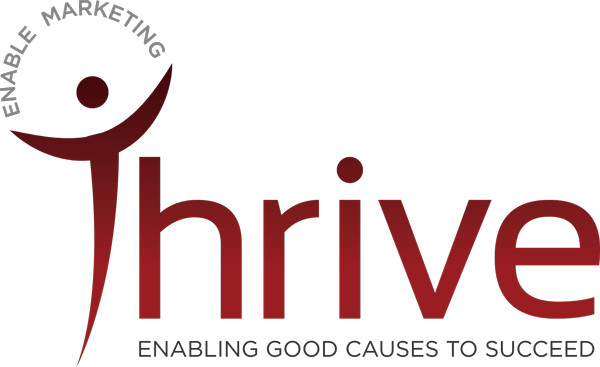The customer is the life blood of any business and customers should be central when developing a social media strategy for any business. Once a firm knows the type of customer they are targeting it will form the basis of their strategy but it is equally important that they identify the company’s objectives and the resources available.
This article focuses on identifying a company’s objectives and assessing the resources available but you can download our complete Social Media Strategy Framework to help your business here.
Company Objectives
There is no point in developing a strategy without identifying what the firm wants to achieve. It can be any of the following:
- Build awareness
- Sell their product or service
- Use social media for customer service
- Create brand ambassadors or brand advocates
- Build an engaged online community around their brand

Set SMART Objectives
The objectives are fundamental to developing a strategy and they should be aligned with the company’s overall business objectives. It is extremely important to measure the return on investment from social media marketing efforts, so the goals should be SMART: Specific, Measurable, Attainable, Realistic and Timely. Our previous article explains SMART goals.
It is important to remember that social media marketing is not traditional marketing and to expect immediate results is very short term focused. Developing meaningful relationships with customers takes time and a narrow focus ignores more qualitative objectives, such as the value of a tweet about a brand. There are 3 key marketing objectives that take advantage of the distinctive characteristics of social media.
1) Promoting ‘Brand Awareness’ among consumers: When a consumer uses a company’s social media application, this increases exposure to its brand and often in highly relevant contexts.
2) Increasing ‘Brand Engagement’: Encouraging user generated content on a company’s social media application which involves commitment on the part of the consumer increases ‘Brand Engagement’. This reinforces loyalty to the brand and consumers are more likely to commit additional effort to support the brand in the future.
3) Recommendations through ‘Word of Mouth’: Once consumers are aware and engaged, they are in a position to communicate their opinions to other consumers through ‘Word of Mouth’ (WOM) (Hoffman & Fodor 2010). WOM is also known as earned media, which is organic, and it is what people say about a brand. There is no better recommendation than WOM but it works both ways and disgruntled consumers can share bad experiences of the brand and this has to be managed.
Company Resources
When developing a strategy a company needs to identify the resources that are available to the firm so it can achieve its objectives.
Time and People: The good news is that Social Media is a relatively low cost platform to market a business. Firms can organically grow an audience but it does take time and people to implement the strategy, both of which cost money. In the early stages, be realistic, allocate resources and allow time to implement the strategy.
Paid Advertising: If there is a budget available, it would be worth considering using paid media to target and connect with new customers. For example, Facebook ads allow firms to target their exact customer profile as the company can select who views the ads based on their personal information. Fans and friends of fans can also be targeted. Companies can set a daily budget which is realistic and affordable and through Facebook Insights or Hootsuite.com, depending on their objectives, they can measure their return on investment.
Tools: Social media tools are another resource which have to be considered and fortunately, there are many free tools such as Hootsuite.com for managing and measuring a company’s social media activity in one program.
Conclusion
The astounding growth of social media platforms such as Facebook, Twitter, LinkedIn and more recently, Snapchat and Instagram, is phenomenal and what is most interesting is how people’s use of social media is evolving. It’s no longer about wooing potential customers with elaborate marketing campaigns and buying fans. Now, companies using social media marketing are entering the consumer’s domain, where they have to play by their rules and earn customers’ support! Unfortunately for companies, it takes time and effort to build a loyal following but the rewards can be great. Therefore, companies should invest in developing an effective social media marketing strategy and in doing so they may find Enable Marketing’s Social Media Strategy Framework (SMS Wheel) helpful.
Featured Image by Geralt / Pixabay.com
Reference: Hoffman, DL, & Fodor, M. (2010), Can you measure the ROI of your Social Media Marketing? MIT Sloan Management Review, vol. 52 no. 1, pp 41-49.
- Minister Michael Ring Launches P. O’Connor & Son Website - April 19, 2018
- What Style Of Leader Are You? - October 26, 2016
- Mobile Friendly Websites Have Become Way More Important - October 17, 2016



